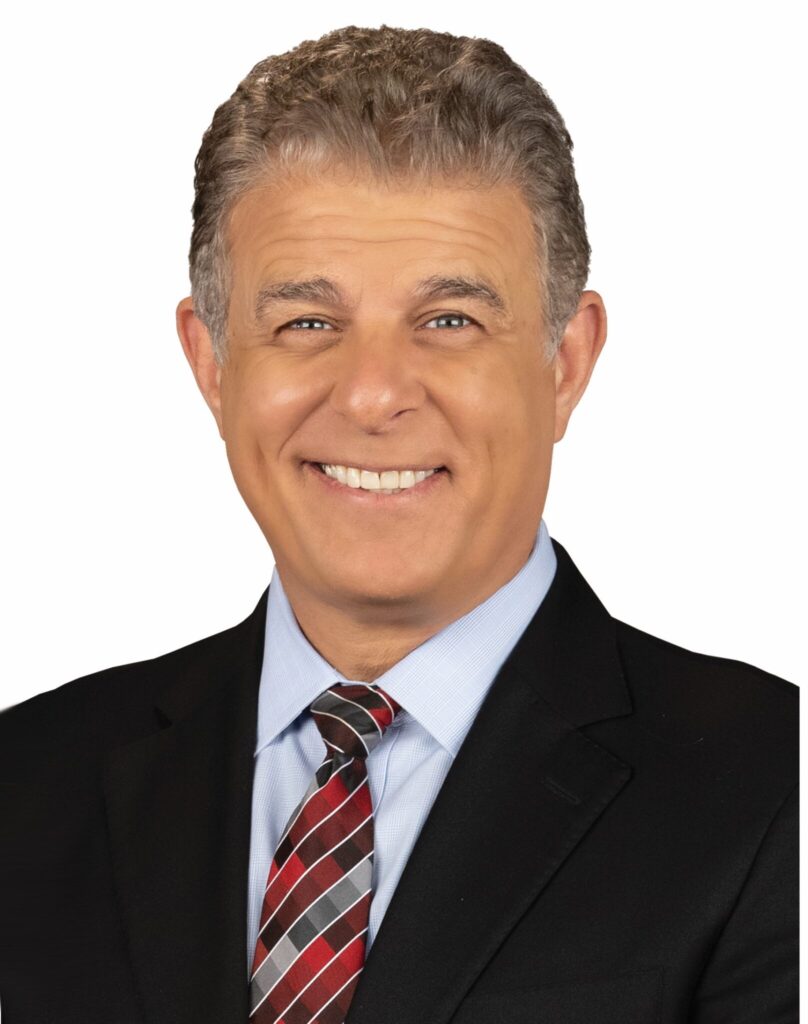Acknowledging that key details of the FCC’s upcoming spectrum auction still remain to "get fleshed out," 21st Century Fox President Chase Carey says that, "we've got a lot of stations and a lot of spectrum. We're certainly fully engaged."
Carey: Spectrum Numbers ‘Pretty Interesting’
21st Century Fox is taking a hard look at the FCC’s proposed spectrum incentive auction, President-COO Chase Carey says.
“It’s certainly something we’re taking seriously, we’re engaged in,” said Carey during Wednesday’s earnings conference call with analysts. “Some of the numbers that get thrown around are pretty interesting.”
When the FCC issued the Greenhill & Co. report last fall, it pegged the value of broadcast spectrum that could be sold at auction at $45 billion. That got a lot of attention from broadcasters across the board, including some previously not interested in selling.
It also prompted some to question not just the numbers but whether the auction process itself might mean those estimates are optimistic.
Acknowledging that key details of the auction still remain to “get fleshed out,” Carey noted that, “we’ve got a lot of stations and a lot of spectrum. We’re certainly fully engaged and there are a number of signs that say it could be interesting.”
Fox has duopolies in 11 of the top 24 markets, making it a prime candidate for monetizing some of its spectrum.
On another front near and dear to broadcasters — network-affiliate relations — Carey noted that the two sides are “navigating new times,” and admitted that discussions over reverse compensation are sometimes fraught with friction.
“We value our relationship with them,” he said, adding that, “Our programming is valuable and we believe we need to be compensated fairly for it.”
Conflict between the network and affiliates surfaced publicly three years ago almost to the day when the network adopted a divide-and-conquer approach after the affiliate board rejected Fox’s demands for steadily increasing reverse compensation payments.
The sides eventually sorted that out but the issue bubbled up again last fall when Fox hit affiliates with new reverse compensation — also known as programming fees — demands, prompting an emergency meeting of the affiliate board.
A number of industry analysts project that reverse comp/programming fees likely will continue to climb for the foreseeable future.
























Comments (11)
Teri Green says:
February 5, 2015 at 9:17 am
Or they could simply not renew the licenses of the TV stations and take back the frequencies.
Wagner Pereira says:
February 5, 2015 at 2:52 pm
Politicians would never go for that.
mike tomasino says:
February 5, 2015 at 5:53 pm
Trolling again I see!!!
Wagner Pereira says:
February 6, 2015 at 1:36 am
You back to tell us how the AWS-3 Spectrum is worth more than 600Mhz again? ROFLMAO.
Patrick Burns says:
February 5, 2015 at 12:24 pm
Lets see, if you own a Strong Fox & weaker MNT station, you sell the weaker, stick then put the programming on the dot 2 and you still have the inventory.
Bigger picture is when ATSC3 finally is done & the extra bits on each stick can carry web traffic, how many web customers are you leaving behind.
Lets see 3,000,000 H Holds in coverage, times $45. per sub x 12 months.= 1.62 billion.
Drop off non subs and say you penetrate 10% of viewers to off air web
That’s a nice 162 million dollar income a year.
I think the auction & selling your MHZ ( aka MBS ) is the stupidest thing you can do,
We used to sell ads for a Idaho MMDS group. They added web over MMDS to their offering. In 3 months of on air promos they penetrated over 60 % of the sub base, Hello !!!!
The reason ATT etc want this auction is to gty broadcasters can never get to the OTA web business model, whick will trim their monopoly big time.
If Chase Carey sees this post, please don’t sell. You will regret it !!!
Keith ONeal says:
February 5, 2015 at 9:49 pm
Sounds like you, like me, are opposed to the spectrum auction. BTW, FOX will bring a new diginet called BUZZZR on subchannels of their O&O stations before the year is out, so MyNet will stay on the MyNet stations owned by FOX, and not be a FOX O&O subchannel.
Ben Gao says:
February 5, 2015 at 3:56 pm
DISH Network has TONS of spectrum right now that they are doing NOTHING with – that tells me that the FCC sell-off of free OTA HDTV spectrum is simply to kill the advertiser-based free TV model for PAY for everything monopoly from Verizon, AT&T and other monopoly friends. TV broadcasters – please DO NOT SELL your spectrum, even in a duopoly, as your dot 2 and dot 3 stations are gaining traction and you need room to at ATSC3.0 when the time arrives. Seeing how nothing is happening with any of the spectrum last sold, I call BS on the selling of even 6MHz of HDTV spectrum.
Keith ONeal says:
February 5, 2015 at 10:09 pm
It is the responsibility of the Federal Communications Commission to ensure that all AM, FM, and TV broadcast (over the air) stations are available at no charge (free) to the American people. The FCC shirks that responsibility every time they take spectrum away from Television. We lost channels 70-83 years ago, and then lost channels 52-69 with the Digital conversion in 2009. Now they want a spectrum auction so that we LOSE more channels??? Hell, NO!!! Tell the FCC that it is OUR RIGHT to have FREE over the air (Broadcast) Television, and they do NOT have the right to even try to take it from WE THE PEOPLE!!!
Wagner Pereira says:
February 6, 2015 at 1:30 am
Yes, they should have kept the trolley paths in the street from long ago and never paved them over for cars to use. How dare they take away something that the public had for another use!?!?!?
Andrea Rader says:
February 6, 2015 at 6:31 pm
Bogus analogy, Insider, and I’m frankly surprised you would equate broadcasters with extinct forms of mass transit.
Wagner Pereira says:
February 8, 2015 at 3:25 am
You still do not get it – the point is things change as technology changes.